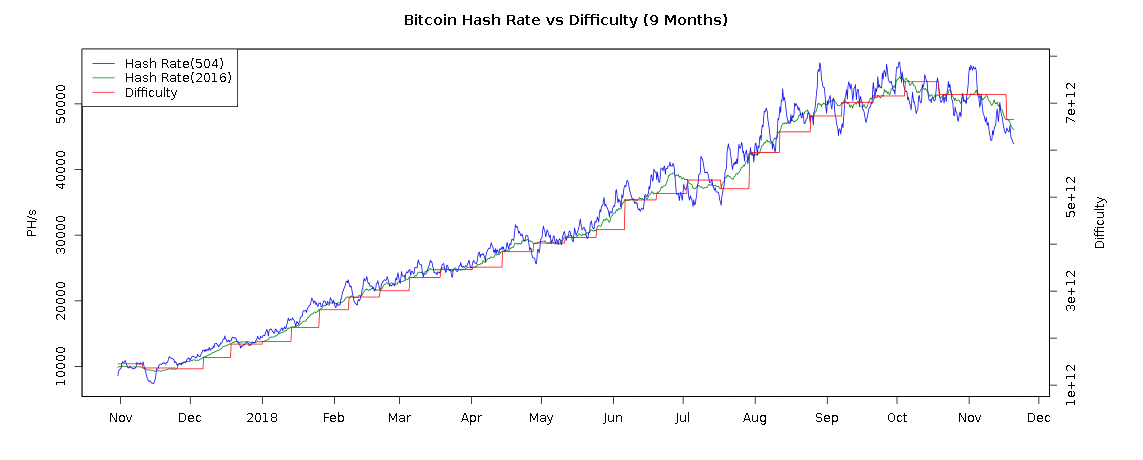HashFlare Review | Cloud Mining Takes Another Reputation Hit
The popular cloud mining service HashFlare announced earlier this year that it had suspended services to its Bitcoin contract customers. In a July statement via Facebook the company noted the ongoing issues with SHA-256 contracts:
“For over a month our users encountered a situation when the payouts were lower than the maintenance fees, resulting in zero accruals to the balance. As of 18.07.2018, the payouts were lower than maintenance for 28 consecutive days.”SHA-256 is the mining algorithm used to validate transactions on the Bitcoin network, and HashFlare provides hardware solutions to cater for this. Naturally, many of these customers were upset by this suspension as growing suspicions of yet another crypto scam were forming. Cloud mining, in general, does not have a good reputation and plenty of scams have surfaced with the rise in popularity of cryptocurrency.
What Is Cloud Mining?
Operating crypto mining rigs requires a decent amount of research and expertise. Add to that the often hefty downpayment on hardware and you may ask, “Why not simply outsource it?” Well, that’s the idea behind services like HashFlare and Genesis, two popular cloud mining platforms. By purchasing the mining power of rigs located elsewhere you don’t have to deal with the expertise, set up, and maintenance needed to run the right hardware. Cloud mining still remains a popular choice for newcomers. With little effort and a credit card, you can purchase a share in a large-scale mining operation. That’s the marketing speak anyway. As savvy readers will no doubt be aware, there are no easy ways to make money in crypto. And many of these easy services ultimately turn out to be scams.Who Is HashFlare?
HashFlare was started in 2015 and is a department of a company called HashCoins, which produces cloud mining software and hardware. Although the company is registered in the UK, most of the team appear to come from eastern Europe (Estonia). Previous reviewers have reported that a team page was available but unfortunately HashFlare has apparently since removed it from their website. This was the first red flag in our HashFlare review. In the wake of so many online scams, solid crypto companies should be providing verifiable links to their teams, products, and services.The HashFlare Shutdown Debacle
The decision to suddenly cut service for customers of the Bitcoin SHA-256 contract was reportedly due to the instability of the Bitcoin market. This statement confused many customers since cryptocurrency markets have remained volatile since 2009, when Bitcoin hit the markets. Proper service resumed a week later and the team provided a well-rounded response here. We, however, came across this calculator on their website still showing decent profits on HashFlare payouts:
Theoretical profits via HashFlare

Bitcoin difficulty continues to climb despite 2018 bear market
Nobody on the Fence
Despite largely negative press around the service shutdown, there appear to be supporters on both sides of the fence. Judging from comments, a fair number of reviewers have been happy with their service, while others sit in the opposite camp. This is a rather polarizing view of the situation. We had a look on Trustpilot (the business review site) and came across this additional red flag regarding the potential manipulation of reviews.
HashFlare may have been posting fake reviews to build up a solid reputation



